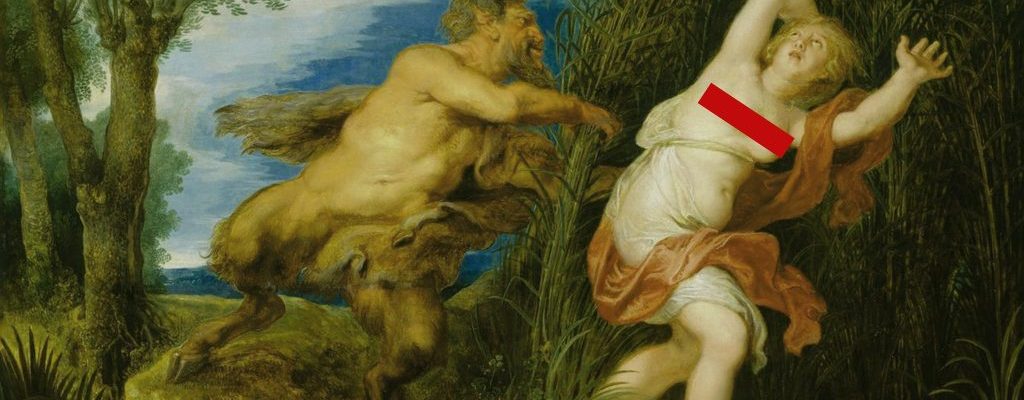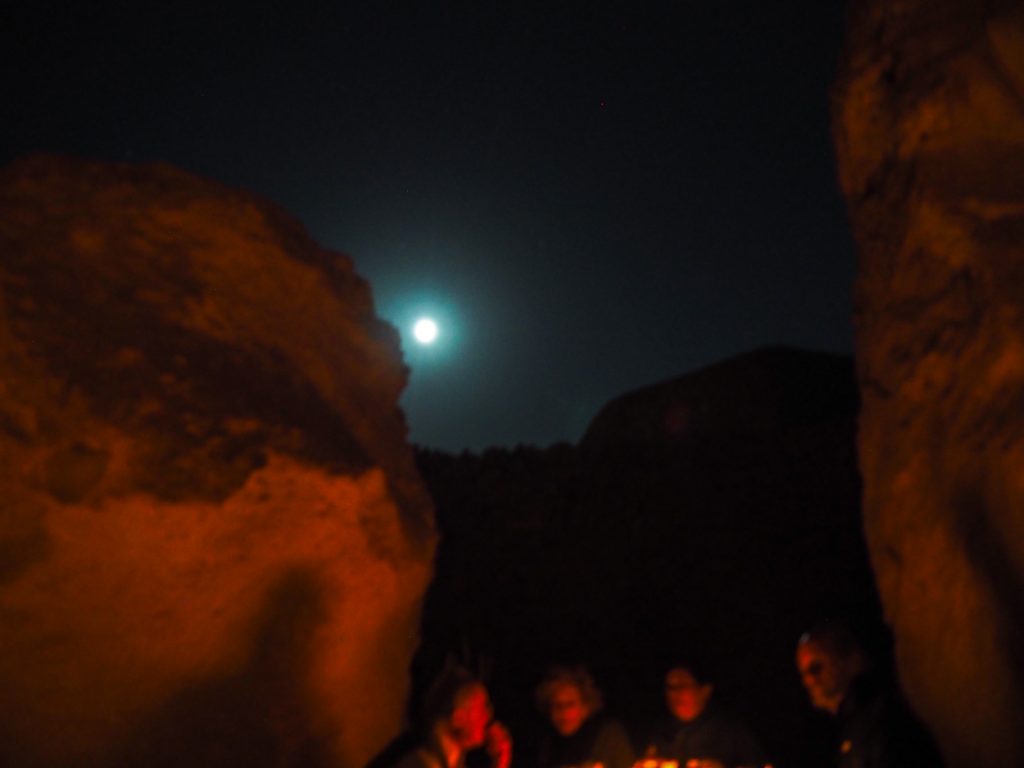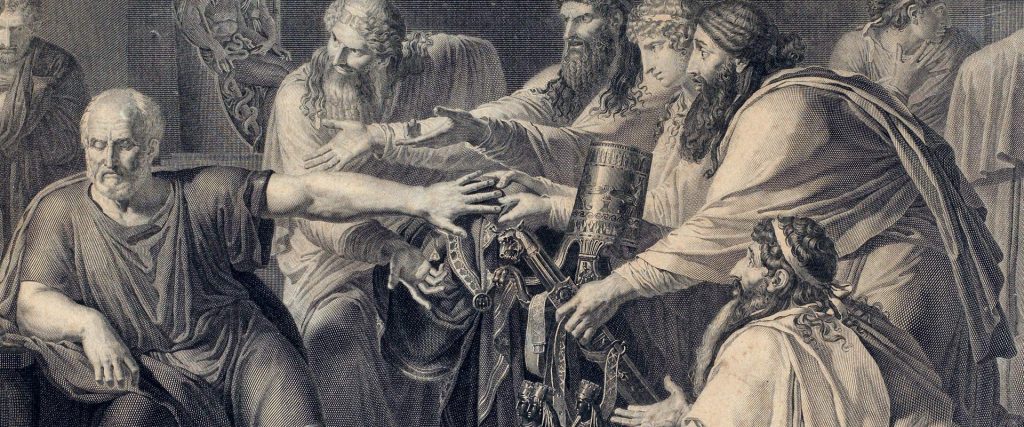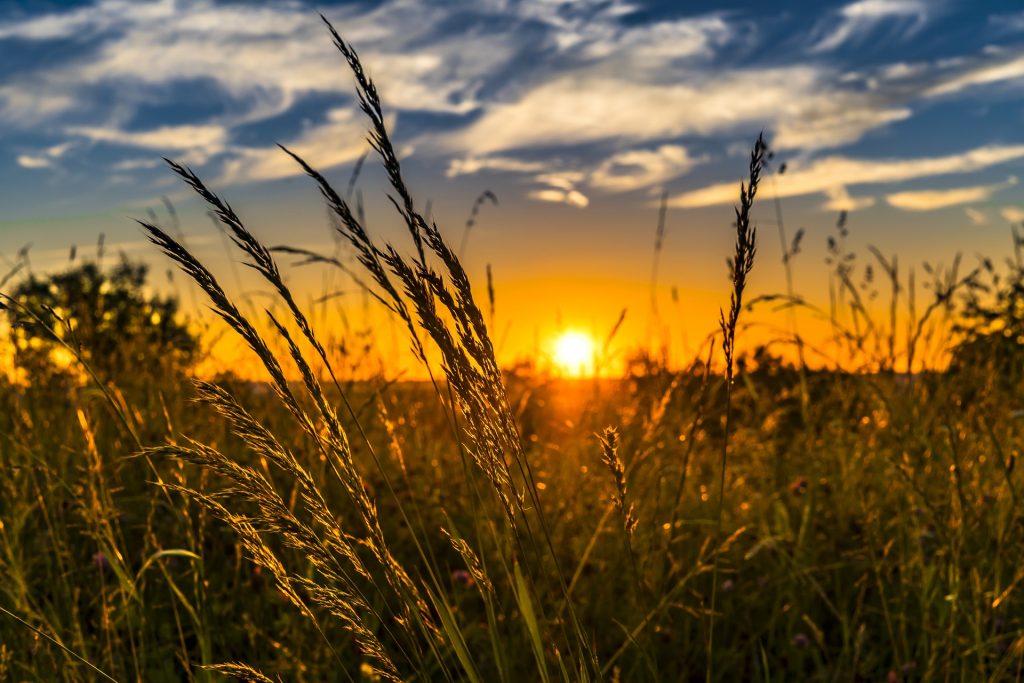The magic of the moon is nowhere more captivating than it is in Greece. Throughout the eras, the moon has been attributed to having a profound influence on the human psyche. As in other cultures, both the areas of romantic love and of sanity are thought particularly prone to the moon’s influence. As in other cultures too, the moon’s power is thought to affect fertility and agriculture.
The Moon and the Human Psyche
This influence is not always for the best. Much as “lunacy” and “lunatic” derive from the Roman word for moon (“Luna”), the ancient Greeks believed the moon to have great power to disturb the mind. The ancient Greek physician Hippocrates proposed that “one who is seized with terror, fright, and madness during the night is being visited by the Goddess of the Moon”. The cyclical seizures of epilepsy were also attributed to the moon’s influence. Aristotle thought that during the full moon, children were more prone to epileptic attacks.
Today, these beliefs have become superstitions- but persistent and widespread ones. Even contemporary Greeks will regularly attribute their particularly vivid or disturbing dreams to the influence of the full moon. People of the older generation are also quick to attribute a headache or even a toothache to the full moon.
The Moon and Divination
Of course, the moon is also associated with passion, and romantic passion in particular. In Greek folk culture, this aspect of the moon joins the moon’s property of being all knowing. In a ritual that has various versions throughout Greece, girls will invoke the moon’s power to find out who their groom would eventually be. Girls in Crete would say the following incantation:
“The moon, my moon, who knows all secrets,
Show me my husband if you happen to know him
And tell him that I said I am here, waiting for him.”
In Arcadia, the new moon- rather than the full moon- was thought to be the best time to learn one’s romantic destiny. The girl, on seeing it, would throw her handkerchief on the ground with an incantation. Placing the handkerchief under her pillow that night, she would hope her future husband would appear to her in her dreams.
Young men could also appeal to the moon’s all-knowing nature, and particularly the new moon of March. Sticking a pin in the wall before they went to sleep, they would say: “Let me see in my dreams what is going to happen to me this year.” And reportedly, they would.
The Moon and Fertility
The Moon itself was represented in ancient Greece as the Goddess Selene. Selene was known for her passion, trysting with Zeus and bearing Pandia (“She who is all Bright”), Ersa (“Dew”), and Nemea (the nymph of the place of the same name- known today for its excellent wine).
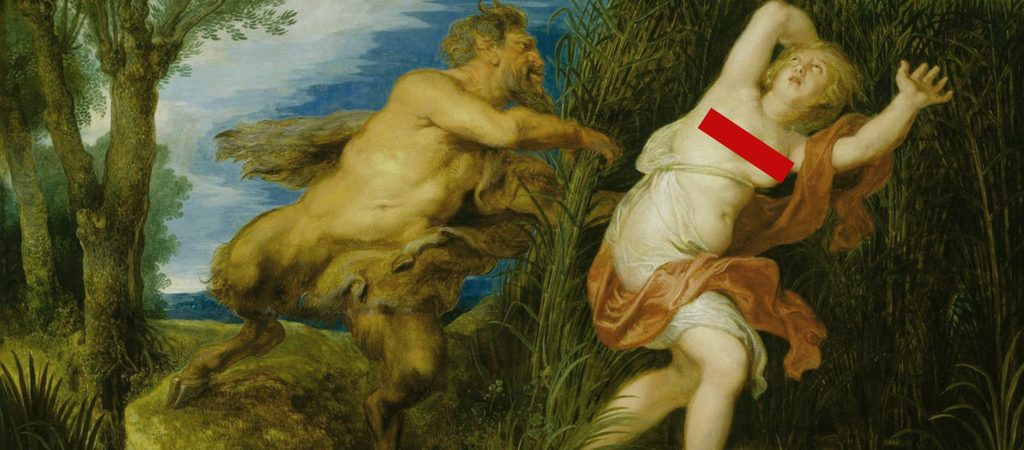
According to Virgil, the god Pan was another of her lovers. But her best known affair of all was with Endymion, a beautiful mortal. The affair was a fruitful one, producing (according to the chronicler Pausanias) fifty daughters. These tales, her association with Artemis- goddess of the hunt and of fertility, and the nature of the moon itself- swelling into fullness every month- have given us a lasting association of the moon with fertility.
The Moon and Agriculture
This swelling of the moon has also caused it to be associated with fertility of the field. Farmers consult the cycles of the moon for their sowing- as the moon grows, so do the grapes, the chickens, and everything else. In Thrace and elsewhere, vintners would plant their vines at the beginning of the moon’s cycle, as the saying goes: “like the moon that will grow bit by bit and get full, so will the vine grow and bring us grapes.” This is also the time to plant grain, for the same reason. It was also thought a good time to turn roosters into capons, who would then “grow fat as pigs.”
Of course, the most commonly known association of the moon and agriculture is the “harvest moon”- the full moon closest to the autumn equinox. Late September coincides with the harvest season in much of the northern hemisphere. Additionally, these moons are tinged a juicy, fruitful orange, and being close to the horizon appear unusually large- a celestial symbol of abundance.
Do you have a favorite folktale or myth about the moon?

